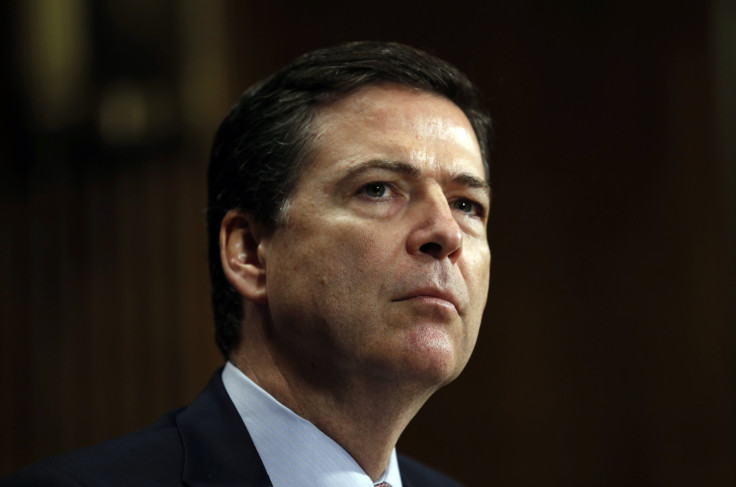FBI Confirms Changing Syed Farook's iCloud Password In Attempt To Access Recent Messages

The FBI is denying an accusation by Apple executives that the only reason the government is pressuring the tech giant to unlock an iPhone is because the FBI's local law enforcement partners botched the investigation.
It's the bureau's response to an accusation from Apple executives who suggested the FBI can't access the phone, and thus are twisting Apple's arm to unlock the passcode, all because of a mistake.
The FBI said in a statement to Ars Technica Sunday it obtained the iPhone 5c used by Syed Farook on Dec. 3, one day after Farook and his wife killed 14 people and injured 22 more in a shooting at a San Bernardino, California, office party. The phone was passed along from the county police, which intentionally changed the account's iCloud password in order to give the FBI access to Farook's iCloud backups. But Farook's most recent iCloud backup was created on Oct. 19, meaning the phone is the only place where Farook's most recent communications exist.
The police agencies were working together, the FBI says, contrary to a claim from Apple last week that San Bernardino County mistakenly changed the passcode, and thus complicated the investigation, without the FBI's authorization.
The FBI argues that the six weeks of data that appears to exist only on Farook's iPhone is crucial to advance the investigation into the terrorist attack and find out whether Farook had strong connections to an overseas handler.
“There might be information on the phone that would not be accessible without Apple's assistance ... since the iCloud backup does not contain everything on an iPhone,” said the bureau statement Sunday. “As the government's pleadings state, the government's objective was, and still is, to extract as much evidence as possible from the phone.”
Apple CEO Tim Cook previously said in a letter to customers the company will fight a government demand to build software capable of unlocking Farook's phone. Building that software for one phone, Apple says, would create a new security vulnerability for all users running the same operating system (in this case iOS 9). It's an argument that's been almost universally accepted by researchers in the cybersecurity community, though FBI Director James Comey argues that isn't the case.
“The particular legal issue is actually quite narrow,” Comey wrote in an open letter Sunday night. “The relief we seek is limited and its value increasingly obsolete because the technology continues to evolve. We simply want the chance, with a search warrant, to try to guess the terrorist's passcode without the phone essentially self-destructing and without it taking a decade to guess correctly.”
© Copyright IBTimes 2025. All rights reserved.





















